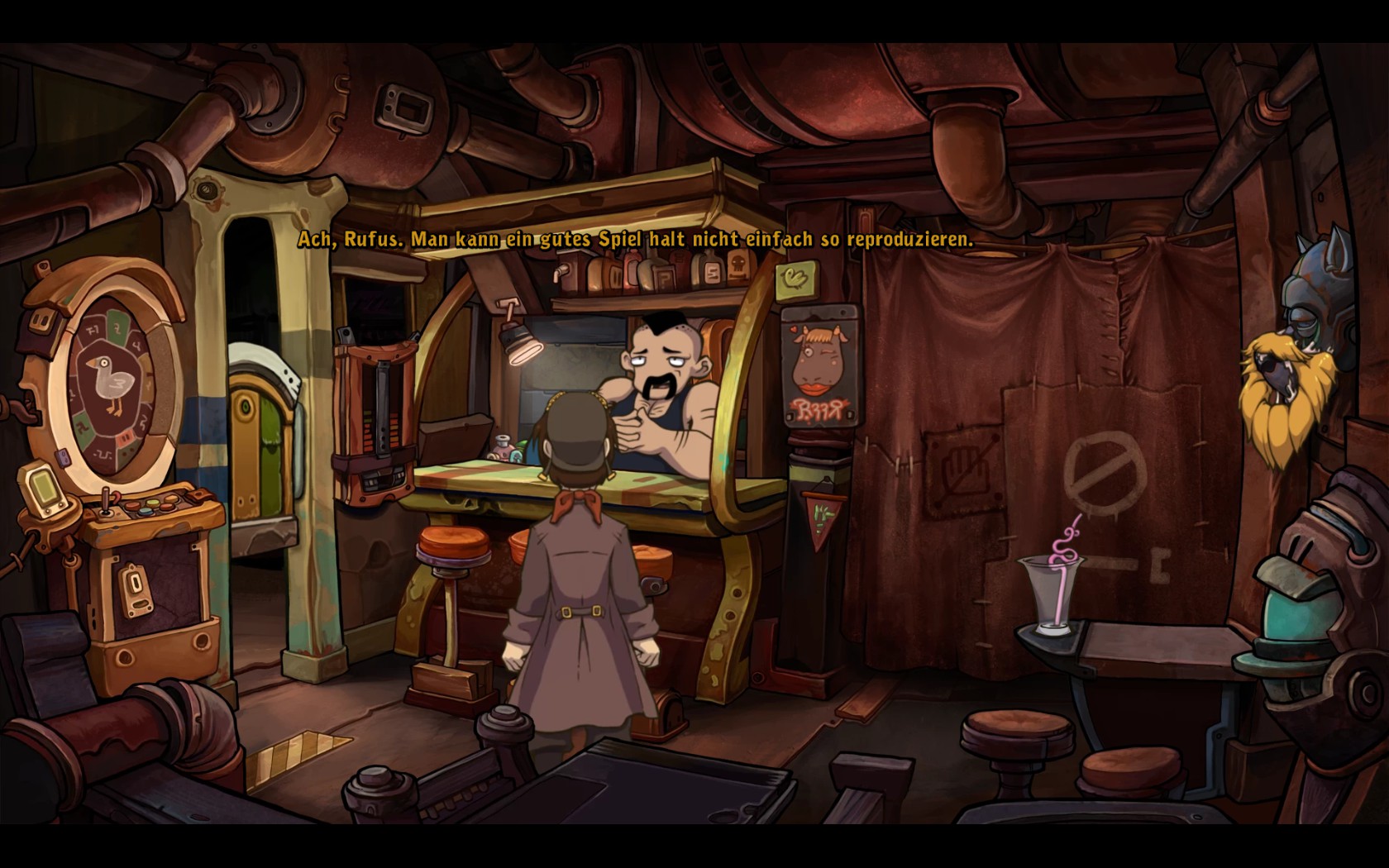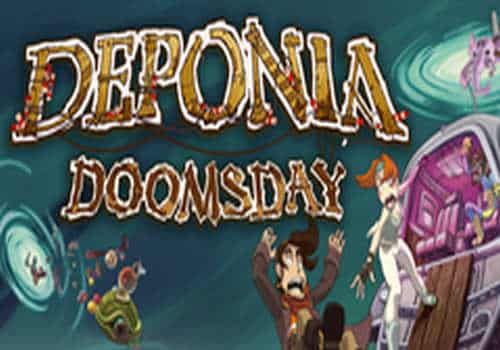

Designated Hero: Rufus being seen as a selfish Anti-Hero is an intended reaction.Unfazed, Rufus leaves the remaining (or surviving, depending how you interpret the events) little girl there, alone. but when Rufus returns, two of the children are missing and are never seen again. The monster, who had decided to become vegetarian, can barely contain itself from eating them, and eventually spits them out. unknowing to him, he places them in the mouth of a giant, child-eating slime monster, wraps them in burrito wraps to keep them warm and douses them in gravy. Rufus willingly leaves four young children (including an infant Goal) alone in the pipe forest of the sewers.According to the game's writer, this was meant as an Intended Audience Reaction to show how little Rufus takes into account what happens to others while he's trying to achieve his own personal goals due to his narrow minded nature, and the audience is meant to be uncomfortable at the fact Rufus' plans aren't always completely heroic like those of other adventure games protagonists. It is difficult to tell how intentional this was on Daedalic's part, especially since Goodbye Deponia has several Crosses the Line Twice moments, but at one point Rufus sells a young woman in what is basically debt slavery, as a "dancing monkey" to a man who forces her to wear a revealing outfit.

It's even lampshaded in the third game, where people explicitly turn to him for a Crazy Enough to Work last-second gambit. Despite all odds, his recklessness and arrogance lead him to victory time after time.

For being so simple lyricwise, it's one hell of a Villain Song for the Organon race. The Organon Hymne, both the instrumental version that plays in the main menu and the absolutely triumphant chorus version heard at the end of Goodbye Deponia.Audience-Alienating Ending: Some players declared the ending of Goodbye Deponia enough to make the entire trilogy up to that point almost not worth playing, if this is the conclusion it all led to.


 0 kommentar(er)
0 kommentar(er)
